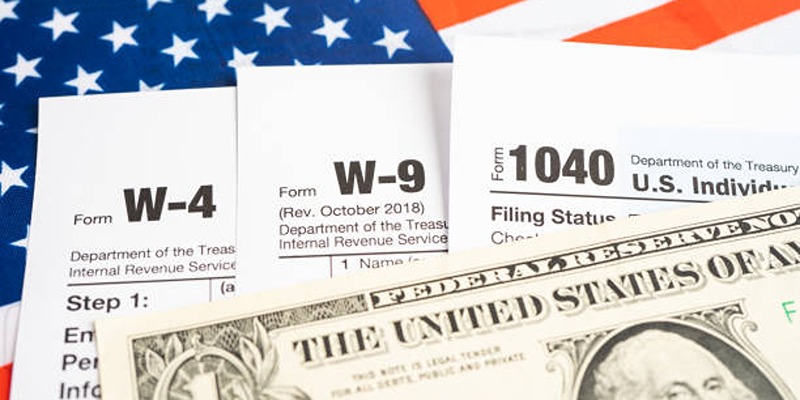Shares outstanding are reported on a company's balance sheet beneath the heading "Capital Stock." The number of outstanding shares is used to calculate key measures like the market capitalization of a company and its earnings per share and cash flow per share. The number of shares outstanding is not fixed and could change dramatically over the course.
Understanding Shares Outstanding
Any shares authorized by the company that is owned by or sold to shareholders of a company and not including treasury shares that the corporation owns are referred to as outstanding stocks. Also, the amount of shares in circulation represents the total amount of stock traded on the market.
The shares outstanding of a company may fluctuate due to a variety of reasons. The number of shares will rise if the company can issue more shares. Most companies issue shares to raise capital via equity financing or after exercising employee Stock Options and other financing instruments.
How to Locate the Number of Outstanding Shares
In addition to listing outstanding shares, also known as capital stock, a company's balance account public businesses are required to declare the amount of outstanding and issued shares. They typically include this information in the sections for investor relations on their websites or local websites for stock exchanges. In the United States, the figures for outstanding shares can be accessed through SEC quarterly filings.
Stock Splits and Share Consolidation
The amount of shares in circulation is likely to increase when a business is forced to make a stock split or decreases in the event of reverse splits. Stock splits are typically carried out to increase the value of shares of a business within the purchasing range of consumers; however, the growth in the number of outstanding shares also enhances liquidity. In contrast, a company may usually undertake reverse splits or share consolidation to increase its shares' value to the level required to meet the requirements of listing on exchanges.
Although the smaller number of outstanding shares could hinder liquidity, it can deter short sellers because it is more difficult to get shares to fund short-term sales. A company may announce a split of its stock to make it more affordable to purchase its shares and increase the number of potential investors. A split of 2-for-1 is an example. It will cut the price of the shares by 50 percent; however, it also increases the number of outstanding shares by two times.
Blue Chip Stocks
If a stock is a blue chip, the increase in shares in circulation due to splits in shares over the course of decades contributes to the steady growth in market capitalization and an increase in investors' portfolios. Of course, simply increasing the number of outstanding shares isn't a guarantee of achievement; the business has to maintain steady growth in earnings.
Although outstanding shares are a key indicator of stock liquiditywever, this is heavily dependent on the shared floating. A company could hold 100 million shares outstanding; however, if 95 million of those shares are owned by institutional investors, insiders, and institutions, the share float of just five million could limit the stock's liquidity.

Share Repurchase Programs
Sometimes, when a company thinks its shares' value is overvalued, it will implement a repurchase plan, which involves buying new shares from its stock. To try to raise the value of shares remaining and increase the overall earnings per share, the company could reduce the number of shares in circulation by repurchasing or buying back the shares, thereby getting them off the market.
Repurchases could also be to stop the dilution of shareholders, which will result from future employee stock options and equity grants. Businesses with substantial cash reserves on their balance sheets could be in a position to buy a stock more frequently and thus reduce the number of shares in circulation, increasing profits per share and making use of the cash reserves.
Weighted Average of Outstanding Shares
The number of outstanding shares is factored into calculating key financial metrics like earnings per share. Since this number is susceptible to fluctuation throughout the duration, the weighted mean of outstanding shares can be utilized in formulas that use specific formulas. For instance, a company that has 100,000 shares outstanding decides to conduct a stock split, raising the number of shares in circulation to 200 000. The company reports later earnings of $200,000.

However, it is unclear what of the two possible outstanding share prices to include in the equation, either 100,000 or 200 000. The former will result in an EPS of $1, while the latter could produce earnings per share of $2. In the example above, when the reporting periods comprised each half of the year, the resultant weighted average of shares outstanding will amount to 150,000. So, when re-examining the EPS calculation, $200,000 divided by 150,000 average weighted shares outstanding would be $1.33 in earnings per share.







